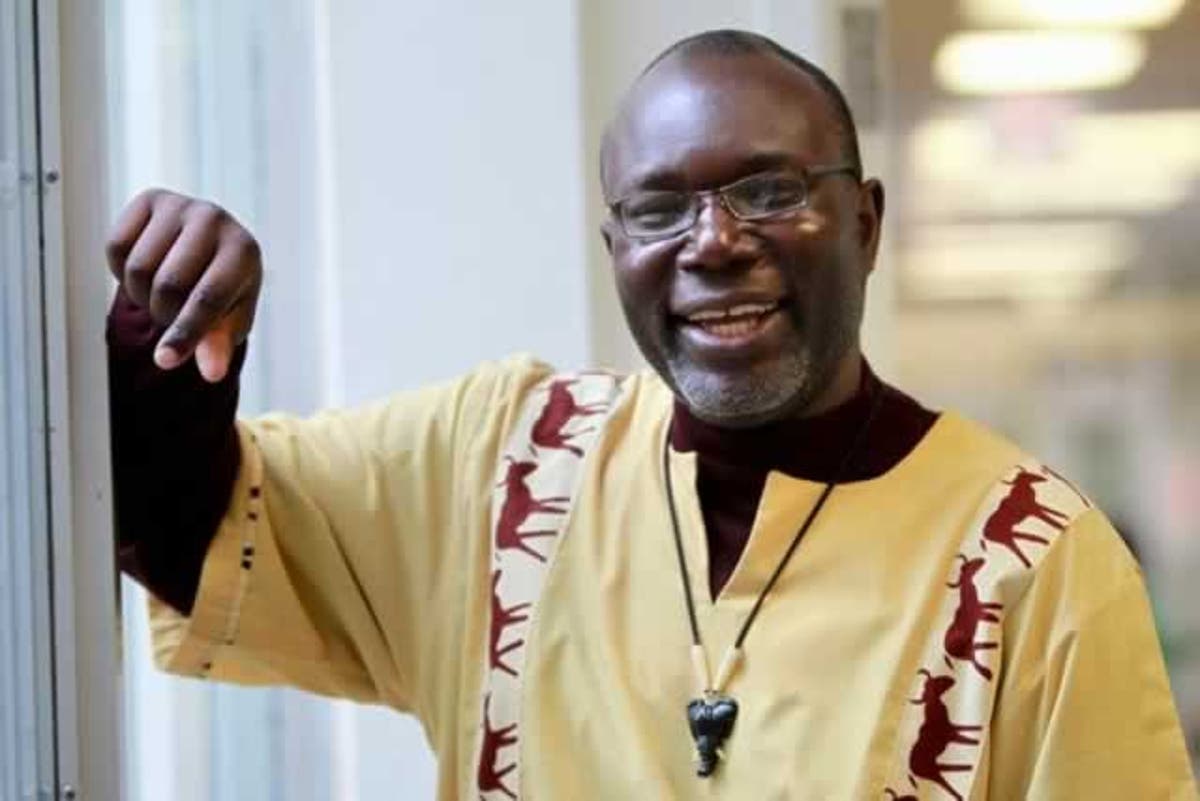By Paidashe Mandivengerei
RENOWNED author, Ignatius Mabasa has made history becoming the first student ever at South Africa’s Rhodes University to be awarded a PhD for a Shona written confronting systematic Eurocentrism.
Since the university’s establishment in 1904 no thesis in the Shona vernacular language has ever been submitted nor granted a PhD.
With many prestigious awards honoring his creative writing skills under his belt, Mabasa has published masterpiece literary works which have been used as study set books at both ZIMSEC Ordinary and Advanced level.
The acclaimed writer is currently studying African Languages at Rhodes University and will be awarded a PhD at the university this month.
His PhD thesis is titled, ‘Chave chemutengure vhiri rengoro. The folktale in confrontation with a changing world: a Shona storyteller’s autoethnography”.
By submitting a thesis in his mother language, Mabasa said he was undoing Eurocentrism and confronting the attitude of ‘othering’ languages like Shona which is prevalent in many tertiary learning institutions.
“The choice to use ChiShona is a response to the exclusion and marginalization of othered knowledges. By using the Shona language, I am rethinking pedagogy and targeting a disenfranchised audience.
“Africans have had other people tell their stories for them, othering them, judging them, labelling them, misrepresenting them.
“The African cannot continue thinking as if he is still living in a colonial world, perpetuating colonial discourses and perspectives.
“My thesis is an attempt to decolonize the mind and democratize knowledge such that our people, starting with young learners, can read ad reflect on the importance of indigenous knowledge as a powerful pedagogical tool, the power of storytelling to bring about consciousness in a coca colonized world,” he said.
He added that he hoped his thesis marks the birth of a movement where marginalized groups and indigenous works are recognized.
“I believe it will make the marginalised aware of identity politics and start engaging with and speaking to experiences shrouded in silence.
“I hope our academic, economic, cultural and political institutions will come to value and mainstream indigenous knowledge as a relevant framework.”
His thesis supervisor, Zimbabwean African Languages scholar, Russell Kashcula applauded Mabasa’s academic work.
“It helps one grow one’s own language intellectually. The benefits are that one is able to express oneself best in a language one understands best and that is normally your mother language or the language to which you have had the most exposure, both academically and socially.”
